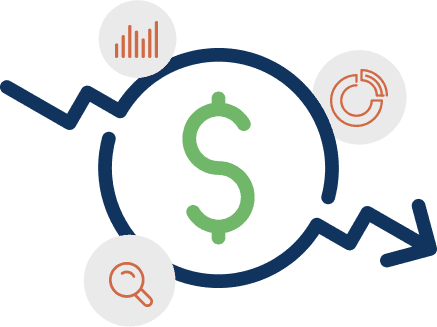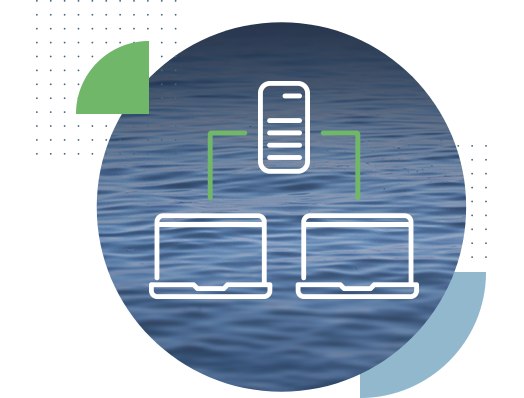Love Datadog's monitoring software but don't love the bill? We can help.
Datadog is a great application monitoring and observability solution, but has ballooning costs at scale. In no place is that more evident than in log management. In fact, Vantage showed log management is the top Datadog cost driver. Centralize your logs in ChaosSearch, and pay a fraction of the cost of DataDog with unlimited retention. We guarantee you’ll save money.

From operational observability to business observability
Analyze all data with unlimited retention via both Elasticsearch and Trino API (with native join support). Flexibly ingest all your applications’ log and event data. Drive better user retention, monetization, and acquisition by analyzing product usage over time across your organization. Transform your telemetry data into true business insights.


Take advantage of affordable cloud-based observability at scale
Ingest telemetry from your cloud-native microservices architecture without retention limits. Integrate ChaosSearch with Datadog to analyze your data across teams at a fraction of the cost. Gain true full stack monitoring and observability that improves MTTR, brings real-time product usage insights to your teams, and makes your finance department happy.
Integrate monitoring capabilities seamlessly between Datadog and ChaosSearch
Use Datadog for application and infrastructure monitoring and ChaosSearch for root cause analysis to keep your budget in check. Seamlessly move between UIs with context links — so you can keep your monitoring workflows in Datadog, while leveraging ChaosSearch’s unmatched log management cost-performance at scale, without retention limits.


Use event data to drive business observability
Application events help you understand your power users, key features, repeat users, and more. When joined with user data, this information is key to data-driven product development, user retention, and customer acquisition efforts. Application performance monitoring solutions are not built to analyze data with this lens, but ChaosSearch is. With native Structured Query Language (SQL) support, your organization gains access to real-time and historical event data, joined with user and account data to drive efficient growth.
©2024, ChaosSearch®, Inc. Legal
Elasticsearch, Logstash, and Kibana are trademarks of Elasticsearch B.V., registered in the U.S. and in other countries. Elasticsearch B.V. and ChaosSearch®, Inc., are not affiliated. Equifax is a registered trademark of Equifax, Inc.











